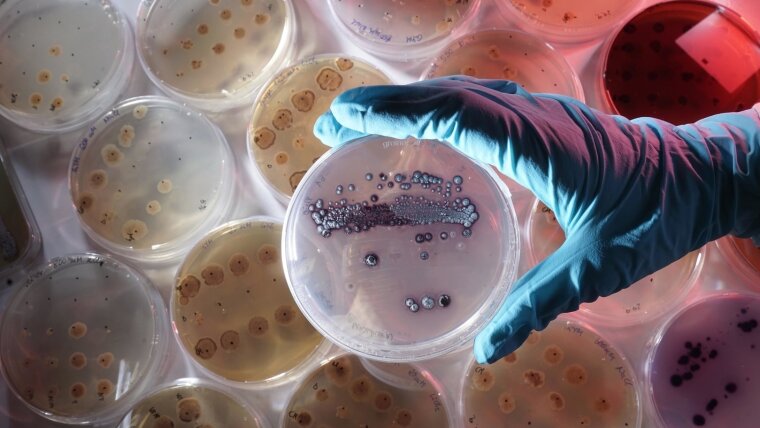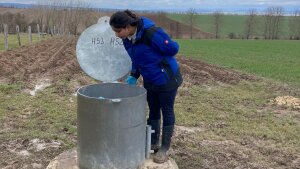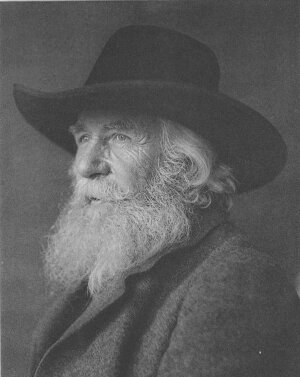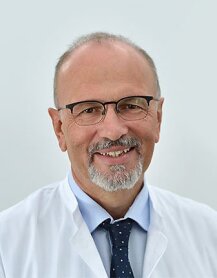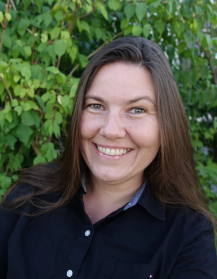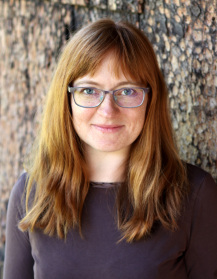Support by LIFE
The LIFE profile serves as a creative space and facilitator for emerging fields within the life sciences and medicine—acting as a starting point for interdisciplinary collaborations and research initiatives.
To ensure the continuous development and expansion of existing structures in research and teaching, the profile area LIFE supports researchers with a flexible funding program. Information on funding lines, requirements, application deadlines, and funding modalities can be found here.

